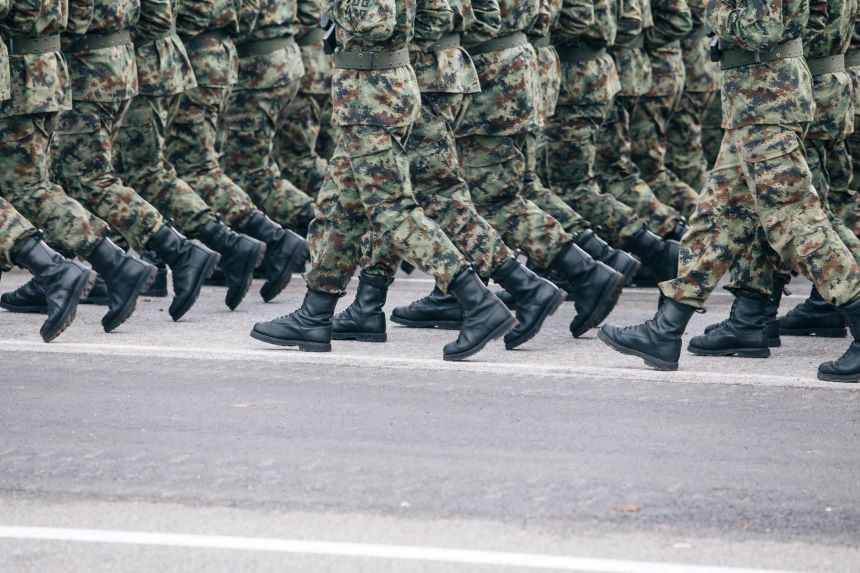Don’t recruit children, Quakers say, amid reports of sexual assault at a military training centre
Nine rapes were reported to the police at Harrogate's Army Foundation College last year, a Freedom of Information (FOI) request has shown.

The institution trains army recruits aged 16 and 17 and its welfare and safeguarding provision was rated outstanding by Ofsted in 2021.
But the FOI request from Child Rights International Network (CRIN), a Quaker partner, revealed claims of 13 sexual offences in the 13 months to mid-August this year, including nine allegations of rape.
The information from North Yorkshire police showed two complaints of sexual assault and two of voyeurism were also made during this period.
Each year about 1,200 boys and 100 girls start their training at the Harrogate institution, and the government claims that the Army is an 'engine of social change'.
UK only country in Europe to recruit 16-year-olds
But the UK is one of only 17 nations to allow the military recruitment of 16-year-olds, and the only one in Europe.
Quakers in Britain have long called on the UK government to end the practice.
And earlier this year, the United Nations Child Rights Committee said the UK government should raise the age of recruitment to 18 and prohibit targeting of children in military advertising.
During 2021, there were 22 victims of sexual assault at the institution according to then Under-Secretary of State for Defence, Leo Docherty.
An instructor at the Harrogate college was court martialed for sexual assault and eight counts of cruel or indecent disgraceful conduct in January 2023. He was sentenced to 20 months' military detention and dismissed from the Army.
Oliver Robertson, head of witness and worship at Quakers in Britain, said: “Quakers are concerned about all military recruitment, but below the age of 18 the threat to children's rights and wellbeing is acute.
“The appalling reports from the Army Foundation College highlight what we already know, that younger recruits are more at risk from the culture of military life.
“The recruitment of under-18s into our armed forces must stop."
Campaigners and health professionals assert that under-18s, who are too young to vote, or buy alcohol or knives, should not be recruited by the armed forces.
Young recruits are in a critical period of development and evidence shows they face higher risks of mental health problems than both their civilian peers and adult recruits.
They are subject to bullying in training, and greater danger of death and injury when deployed.